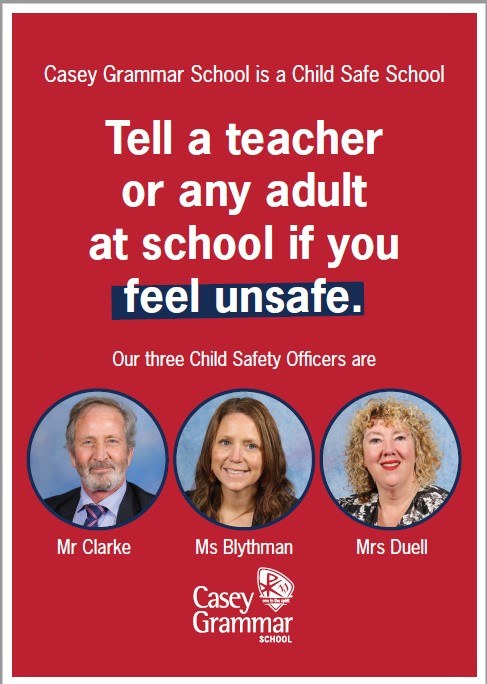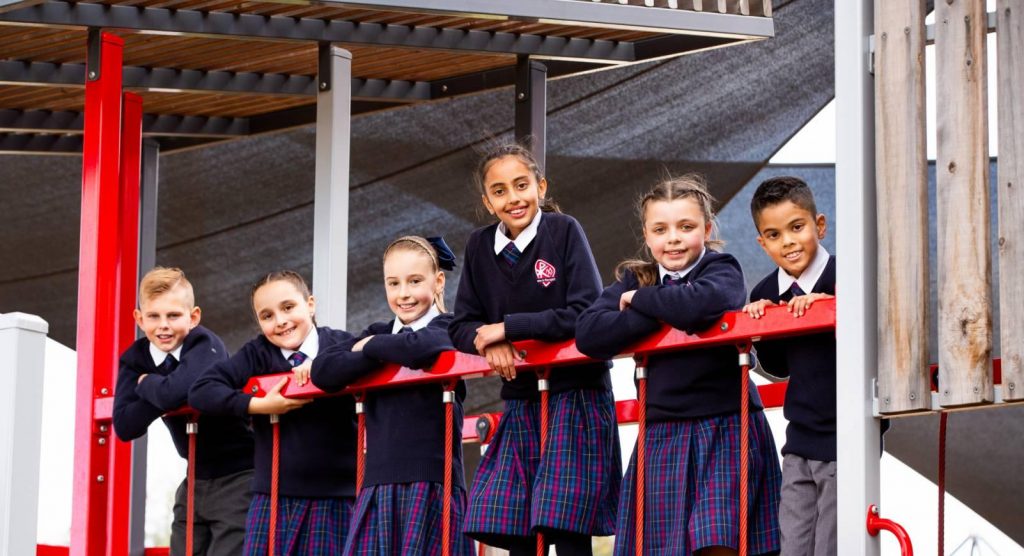Teaching Children to be Safe
The rescue of Cleo Smith in Western Australia, the re-opening of our community after lockdown and the upcoming vacation period are an opportunity to teach children to keep themselves safe.
As children become more independent and spend more time away from direct supervision, making sure they know how to look after themselves is always a challenge to parents. It is unrealistic to expect children to intuitively know how to keep themselves safe, nor is it realistic to expect parents can supervise them at all times.
The following tips are gleaned from the Commission for Children and Young People. It is not enough to just tell children—nothing tunes a child out more rapidly than parent lectures. We must rehearse scenarios with them and introduce child safety into everyday conversation.
- Rehearse saying ‘No’ if they don’t like what they are being asked to do, or if it feels wrong. Giving examples such as being touched where their bathers fit is a good explanation for inappropriate touching. Let them know that after they are toilet trained, no other person should touch their private parts.
- If they feel in danger, it’s okay to yell, scream, run to another adult or safe place or break free to keep safe. Discuss what is a safe place—a neighbour’s house, shop or with a police officer. Practice screaming and yelling and struggling to break free.
- Emphasise that you will NEVER send an unknown person to pick them up, no matter what excuse a stranger may give. Teach them to say ‘No’ and practice yelling ‘No’ over and over again.
- It is okay to make up a story to tell an adult to keep themselves safe. Practice making up stories as excuses eg ‘My dad said I’m not allowed to look at puppies’ or ‘I’m allergic to lollies and ice-cream if a stranger tries to gain their trust with these things.
- Come up with a secret code word that your children know to use with you and other relatives if they feel unsafe, it could be a parent’s first name.
- Remind children is okay to tell you or another trusted adult if someone is making them feel unsafe. Talk about who trusted adults are. At Casey Grammar they can tell any teacher or Learning Assistant. There are also specific Child Safe Officers at the school (see poster below).
- It is wrong for an adult, baby sitter or sports coach to ask them to keep a secret.
- Train them to NEVER give personal information to anyone without your approval—in person or online. Personal information includes their school, classmates, sporting team, parents and sibling names or address. Teach them to respond to a request for personal information by saying, “You’ll have to ask my Dad or Mum.”
- Online gaming or using social media needs to be done in a family area. A condition for children to have games is that parents have all usernames and passwords and a condition for accessing social media should be that parents are ‘friends’ or can check social media accounts.y
- Use parental controls on all accessible technology. Here is a link to a good resource.

Mr Alan Clarke
School Psychologist

 1478
1478








